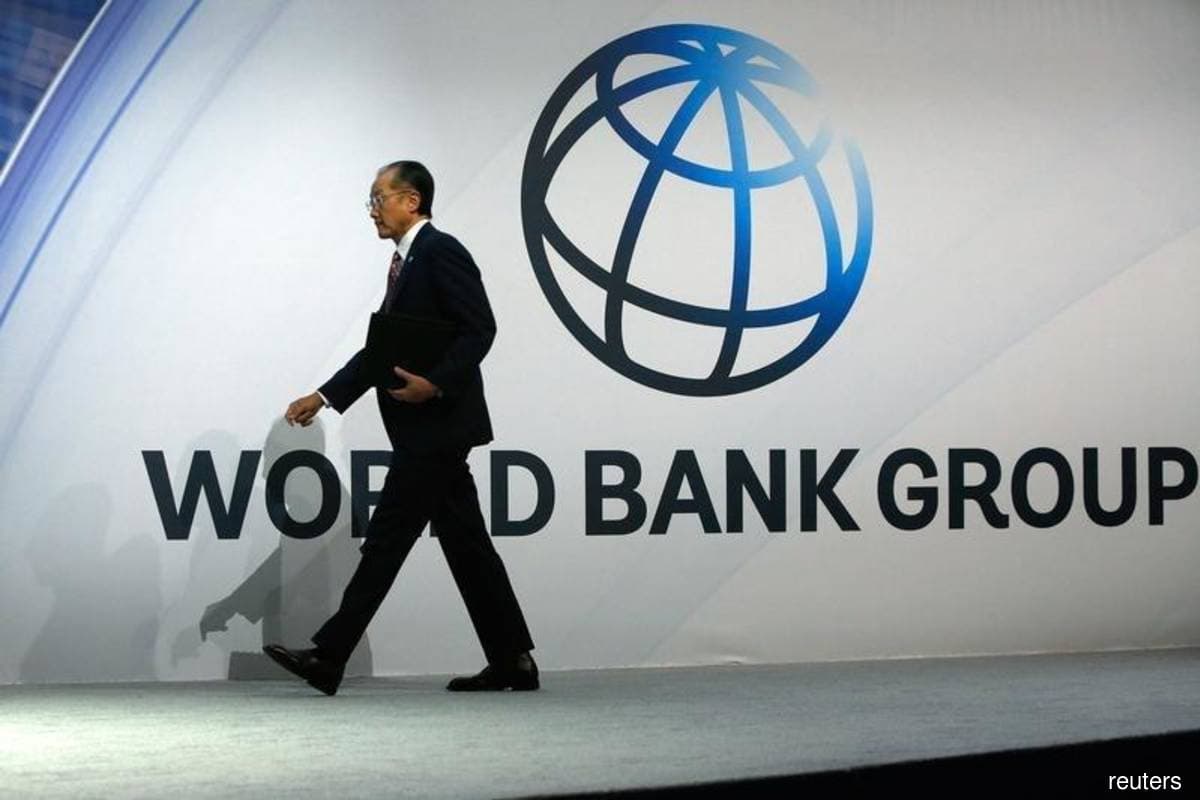
KUALA LUMPUR (July 3): The World Bank has established a financial intermediary fund (FIF) to strengthen pandemic prevention, preparedness and response (PPR) in low- and middle-income countries.
In a statement on its website on June 30, the bank said the World Health Organization (WHO) will play a central role and provide technical leadership.
The fund will bring additional, dedicated resources for PPR, incentivize countries to increase investments, enhance coordination among partners, and serve as a platform for advocacy.
The bank said the FIF will complement the financing and technical support provided by the World Bank, leverage the strong technical expertise of WHO, and engage other key organisations.
World Bank Group President David Malpass said the World Bank is the largest provider of financing for PPR, with active operations in over 100 developing countries to strengthen their health systems.
He said the FIF will provide additional, long-term funding to complement the work of existing institutions in supporting low- and middle-income countries and regions to prepare for the next pandemic.
Meanwhile, WHO Director General Dr Tedros Adhanom Ghebreyesus said access to financing for pandemic prevention and preparedness is crucial. Covid-19 has exposed major gaps in preparedness capacities, which the Financial Intermediary Fund can address in a coherent manner, as part of the global architecture for health emergency preparedness and response.
“WHO will play a central role in the FIF, providing technical leadership for its work in close collaboration with the World Bank to realize this ambitious vision,” he said.
The World Bank said the goal of the FIF is to provide financing to address critical gaps in pandemic PPR to strengthen country capacity in areas such as disease surveillance, laboratory systems, health workforce, emergency communication and management, and community engagement.
It can also help address gaps in strengthening regional and global capacity, for example, by supporting data sharing, regulatory harmonisation, and capacity for coordinated development, procurement, distribution and deployment of countermeasures, and essential medical supplies.